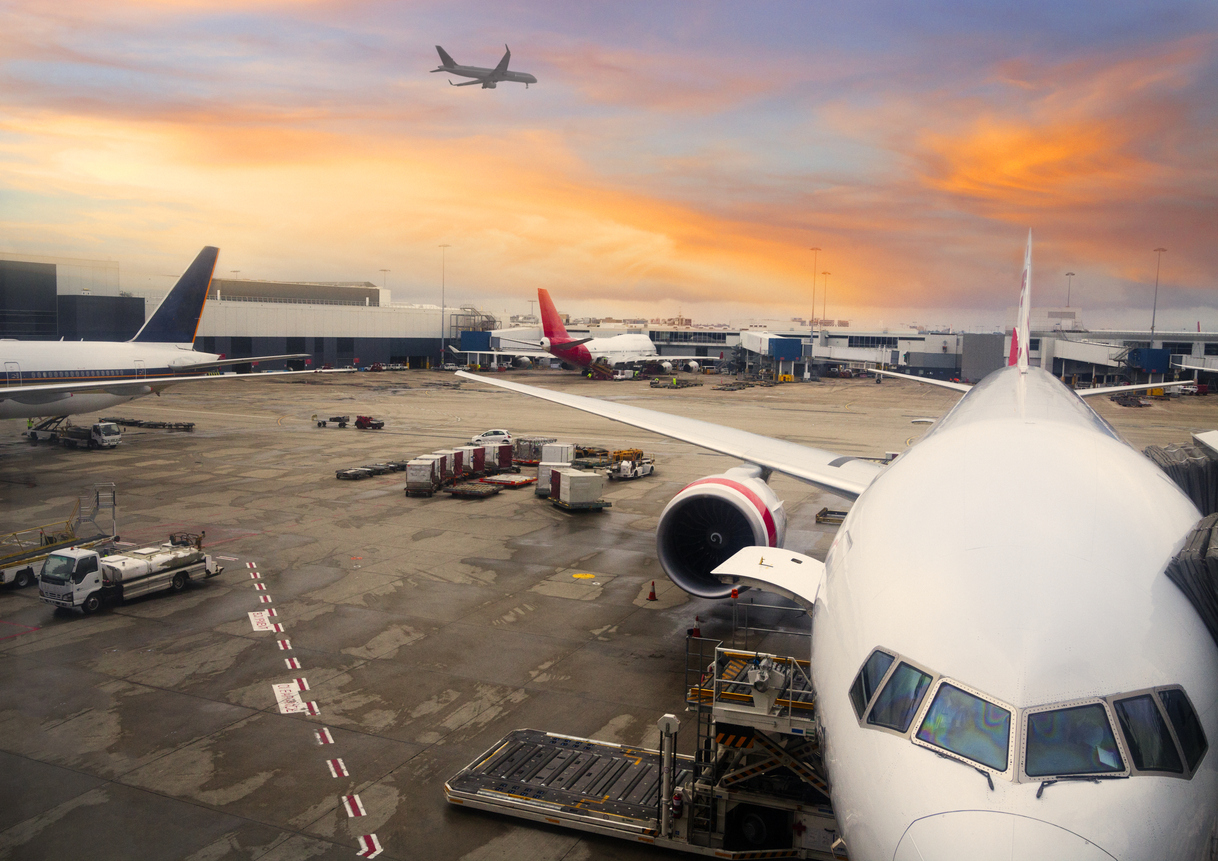Australia welcomes tourists after nearly 2 years of closed borders


A free daily email with the biggest news stories of the day – and the best features from TheWeek.com
You are now subscribed
Your newsletter sign-up was successful
Australia re-opened its borders to tourists on Monday after nearly two years of stringent travel restrictions that earned it the nickname "Fortress Australia," Reuters reports.
According to The Guardian, Prime Minister Scott Morrison said Sunday that 56 international flights were expected to land at Australian airports in the next 24 hours. "We are going from COVID cautious to COVID confident when it comes to travel," he said.
Australia's COVID restrictions attracted international attention during the legal battle the culminated in the deportation of Serbian tennis star Novak Djokovic last month. Critics referred to Australia's policies — which included quarantine camps, restrictions on internal movement, and bans on public gatherings — as "draconian." Until November, Australian citizens were forbidden to leave the country, and a strict quota system for arrivals left thousands of Australians stranded overseas.
The Week
Escape your echo chamber. Get the facts behind the news, plus analysis from multiple perspectives.

Sign up for The Week's Free Newsletters
From our morning news briefing to a weekly Good News Newsletter, get the best of The Week delivered directly to your inbox.
From our morning news briefing to a weekly Good News Newsletter, get the best of The Week delivered directly to your inbox.
According to data from Johns Hopkins, Australia's death rate from COVID is 19.37 per 100,000, one of the lowest in the world.
Before the pandemic, Australia's tourism industry was growing at a rate nearly double that of overall GDP growth, but many in the industry worry that it will take a long time for tourism to return to pre-COVID levels.
"I think it will be heading towards the end of the year before we really start seeing any international tourism volume," Deb Zimmer told The Guardian. Zimmer is the CEO of BridgeClimb Sydney, a popular attraction that takes tourists to the top of the Sydney Harbour Bridge arches.
Per Reuters, "Fully vaccinated tourists will not need to quarantine," but those who have not received two doses "will require a travel exemption to enter the country and will be subject to state and territory quarantine requirements."
A free daily email with the biggest news stories of the day – and the best features from TheWeek.com
Grayson Quay was the weekend editor at TheWeek.com. His writing has also been published in National Review, the Pittsburgh Post-Gazette, Modern Age, The American Conservative, The Spectator World, and other outlets. Grayson earned his M.A. from Georgetown University in 2019.
-
 5 cinematic cartoons about Bezos betting big on 'Melania'
5 cinematic cartoons about Bezos betting big on 'Melania'Cartoons Artists take on a girlboss, a fetching newspaper, and more
-
 The fall of the generals: China’s military purge
The fall of the generals: China’s military purgeIn the Spotlight Xi Jinping’s extraordinary removal of senior general proves that no-one is safe from anti-corruption drive that has investigated millions
-
 Why the Gorton and Denton by-election is a ‘Frankenstein’s monster’
Why the Gorton and Denton by-election is a ‘Frankenstein’s monster’Talking Point Reform and the Greens have the Labour seat in their sights, but the constituency’s complex demographics make messaging tricky
-
 A Nipah virus outbreak in India has brought back Covid-era surveillance
A Nipah virus outbreak in India has brought back Covid-era surveillanceUnder the radar The disease can spread through animals and humans
-
 Trump HHS slashes advised child vaccinations
Trump HHS slashes advised child vaccinationsSpeed Read In a widely condemned move, the CDC will now recommend that children get vaccinated against 11 communicable diseases, not 17
-
 Covid-19 mRNA vaccines could help fight cancer
Covid-19 mRNA vaccines could help fight cancerUnder the radar They boost the immune system
-
 FDA OKs generic abortion pill, riling the right
FDA OKs generic abortion pill, riling the rightSpeed Read The drug in question is a generic version of mifepristone, used to carry out two-thirds of US abortions
-
 The new Stratus Covid strain – and why it’s on the rise
The new Stratus Covid strain – and why it’s on the riseThe Explainer ‘No evidence’ new variant is more dangerous or that vaccines won’t work against it, say UK health experts
-
 RFK Jr. vaccine panel advises restricting MMRV shot
RFK Jr. vaccine panel advises restricting MMRV shotSpeed Read The committee voted to restrict access to a childhood vaccine against chickenpox
-
 Texas declares end to measles outbreak
Texas declares end to measles outbreakSpeed Read The vaccine-preventable disease is still spreading in neighboring states, Mexico and Canada
-
 RFK Jr. shuts down mRNA vaccine funding at agency
RFK Jr. shuts down mRNA vaccine funding at agencySpeed Read The decision canceled or modified 22 projects, primarily for work on vaccines and therapeutics for respiratory viruses
